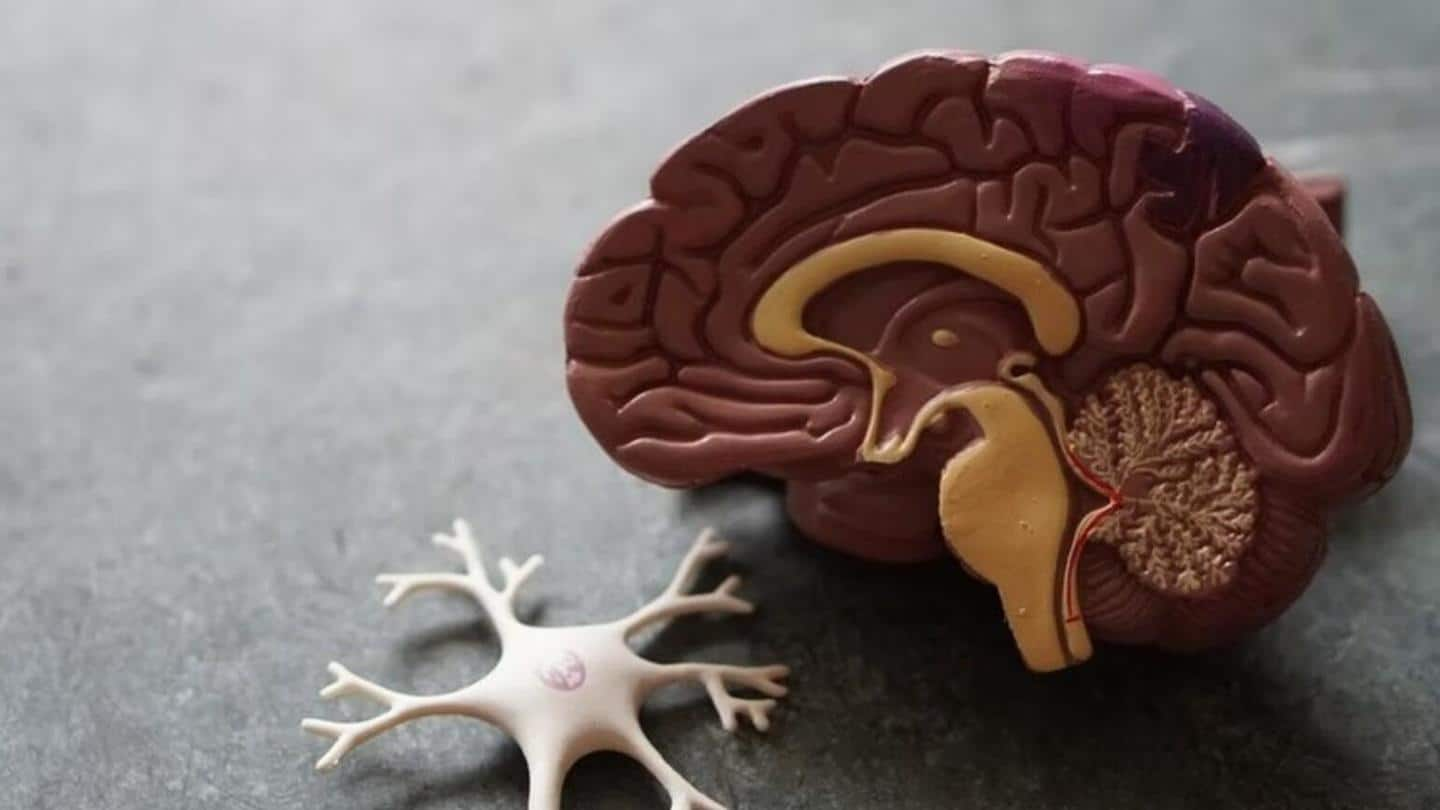
All you need to know about Alzheimer's and its care
What's the story
Alzheimer's is a progressive disease that pulls down memory and various other mental functions. Alzheimer's disease (AD) is caused by an abnormal build-up of proteins, called amyloid protein and tau protein, in your brain that further leads to cell death. Some experts note that when the world went under lockdown to contain the COVID-19 pandemic, its impact has led to more cases of AD.
Other details
How is this disease diagnosed?
Sometimes, the doctor assesses your status via a brief mental test to understand your thinking skills and power of memory. The disease is diagnosed through blood and urine tests to rule out other causes including vitamin levels, blood counts, and liver and kidney function. Other methods of diagnosis include mental status testing, spinal tap, and brain imaging tests like amyloid PET imaging.
Symptoms
What are the common symptoms of this disease?
The most common sign of Alzheimer's is memory loss. It begins with forgetting basic things like dates. Alzheimer's also lowers concentration power and creates difficulty in working with numbers and in completing familiar tasks. Other symptoms include changes in mood, problems in reading and writing, misplacing things, trouble in understanding visual images, confusion with time and place, and avoidance of social gatherings.
Linkage
How is COVID-19 linked to Alzheimer's?
Experts have found that COVID-19 can have a long-term impact on mental functioning and aggravate symptoms of Alzheimer's such as forgetfulness. This can also be due to the anxiety people face while being cooped up inside their homes. Isolation during quarantine is another major contributing factor. However, more research is needed and experts should have more clarity on the linkage in near future.
Treatment?
Is there any prevention and cure for the patients?
Although there's currently no means for reversing the pathological processes of this disease, one can reduce the symptoms. AD needs essential assistance and personal care as its treatment has been massively changed due to the pandemic. It is advised to manage the behavior and psychological symptoms. Find better caregiver support for the patient. A timely diagnosis will help the family of the patient, too.
Tips
What are some tips to take care of Alzheimer's patients?
Since the disease is not completely curable, there are a few ways through which caregivers can stop the disease from worsening, like: - Make everything simple for the patient. - Follow a similar routine every day so that the patient tries to get familiar with a few things. - Do not talk much all at once and do not argue with the patient.